
A well-chosen diet can be the difference between a comfortable run and a performance you'll be proud of, or a torment in which your own body betrays you. Many runners focus on their training plan, but often underestimate what they put on their plate. However, it is the nutrition before, during and immediately after the run that has a fundamental impact on how you feel, how quickly you tire and how you regenerate. This article will help you navigate how to eat properly before different types of performance so that your energy doesn't leave you at the worst possible moment.
What you will find in the article:
-
What to eat before a run – how to prepare for short and medium-term workouts
-
What to eat before a half marathon – tips on timing and specific foods
-
What to eat before a marathon – how to get energy without a heavy stomach
-
What not to eat before a run – which foods stress and reduce performance
-
How to time your meals – based on the length and type of activity
-
What to supplement while running – how not to lose performance on longer runs
-
How to eat between multiple races in one day – tips for staying energized
What to eat before a run
Before a shorter run, which lasts up to about 60 minutes, there is no need to eat large portions. However, it is important to provide the body with quickly available energy that will not burden digestion and at the same time help stabilize blood sugar levels. This will prevent the early onset of fatigue, weakness or even dizziness. The best source of this energy are simple carbohydrates , because they are quickly absorbed, provide glucose as immediate fuel for the muscles and do not slow down the digestive tract.
It is recommended to choose foods that are low in fat and fiber, as these ingredients slow down the emptying of the stomach and can cause discomfort during movement. For example, a banana is ideal, which is a natural source of carbohydrates and also contains potassium, which is important for proper muscle function. Another suitable option is toast with jam or honey , which is light, easily digestible and nutritious. Rice cakes or low-fat oat bars also work well.
If you need a quick and effective solution without preparation, an oat bar is a very suitable choice. This bar is designed specifically for sports nutrition - it contains complex carbohydrates from oats, fruit sugars and a small amount of protein, but does not burden digestion. This makes it suitable for consumption approximately 30 to 60 minutes before exercise .
The timing of your pre-run meal is key. A larger snack should be eaten at least an hour before the activity begins. A smaller portion, such as an energy bar or a piece of fruit, should be eaten about half an hour before the run. It is always important to base your own experience on your own experience, as each organism reacts individually. However, in general, running on a light stomach, but not hungry, is the safest combination.

What to eat before a half marathon
A half marathon is a load in which the body works in a mode of prolonged aerobic activity . In such an exercise, the muscles draw mainly from glycogen , which is a form of carbohydrates stored in the liver and muscles. If you have these reserves sufficiently filled, you can run for a longer period of time without a sudden drop in energy. This is why it is important before a half marathon not only what you eat on race day, but also how you eat the day before .
Dinner the night before a race should be based mainly on complex carbohydrates . Ideal options include white pasta with a little olive oil, rice with steamed vegetables, or white bread with honey. However, avoid foods high in fiber (e.g. legumes, whole grains) and fatty foods, which could slow digestion or cause bloating. The goal of your evening meal is to provide energy but not cause digestive problems that would limit you on race day.
On the morning of the half marathon, we recommend eating a larger breakfast approximately three hours before the start . The rule also applies here: simple, familiar, carbohydrate-rich. Oatmeal with a little honey and fruit works very well, or white bread with jam or rice without fat and meat. It is important that the food contains less fiber, no hard-to-digest proteins (e.g. eggs, cottage cheese, cheese) and a minimum of fats. Proteins and fats take significantly longer to digest, and could cause a feeling of heaviness or cramps during exercise.
It is recommended to supplement with quickly absorbed carbohydrates about 30 to 60 minutes before the start . At this stage, do not eat anything that the body would have to process longer. For example, an apple or a sports energy bar with a low fiber and fat content is ideal.
Don't forget to stay hydrated. Fluid loss can significantly impair physical and mental performance. That's why we recommend drinking small amounts of water or sports drinks with electrolytes, such as hyve Hydration pro. This drink helps maintain mineral balance and provides energy without overloading the digestive system.

What to eat before a marathon
Marathon is one of the most energy- intensive running disciplines. During the performance, which often lasts more than three hours, the body burns a huge amount of calories and gradually switches from aerobic carbohydrate burning to fat utilization, while also reaching a state of energy crisis. If the body is not sufficiently prepared, glycogen stores can be depleted and the so-called “running wall” occurs – a sharp drop in performance, which is accompanied by fatigue, loss of coordination and sometimes weakness or disorientation. The key to successfully completing a marathon is therefore long-term energy preparation , not just eating right before the race.
Preparation begins 48 to 72 hours before the start , when it is appropriate to include so-called carb loading - increasing carbohydrate intake with the aim of maximally filling glycogen stores in the muscles and liver. The body then uses these stores as the main source of fuel during the first 60-90 minutes of performance. The diet should be dominated by easily digestible carbohydrates , such as white pasta, rice, potatoes, white bread or oatmeal. It is important to avoid heavy, fatty foods and excess protein, which would unnecessarily slow down digestion.
Dinner the day before the marathon should be simple, familiar and without experimentation . We recommend, for example, pasta with a little olive oil and a small amount of vegetables, or rice with butter or dry white bread. It is not advisable to include new foods, legumes, sauces, cheeses or other ingredients with a high fiber content, as they can lead to digestive problems that could manifest themselves dramatically on race day.
Breakfast on race day should come at least 3-4 hours before the start and should consist mainly of carbohydrates . Ideal is oatmeal with honey and fruit, white bread with jam, dry pasta or banana with rice. It is important that the breakfast is free of excess fat and protein - i.e. without eggs, cheese, cottage cheese or yogurt. These foods take longer to digest and the body would spend energy on processing them, which it should use for performance in the race. About 30 to 60 minutes before the start, it is possible to supplement a smaller amount of simple carbohydrates.
Hydration before a marathon should be systematic and continuous – there is no need to drink liters of water right before the race. It is recommended to drink smaller amounts of water or sports drinks with electrolytes at regular intervals . Proper hydration helps maintain fluid and electrolyte balance, which supports muscle performance, delays fatigue and reduces the risk of cramps.
When and how often to top up?
For activities lasting more than 60 minutes, it is advisable to:
-
Take the first dose of energy after 45–60 minutes ,
-
then continue with a small portion every 30–45 minutes .
Form and absorbability are important. The body is less able to digest complex foods when under stress – so it is ideal to choose simple, quickly absorbed carbohydrates that do not require long processing.
What specifically to choose?
The most commonly recommended are:
-
energy gels – easy to transport and dose, quick onset of effect,
-
dried fruit – a natural low-fat version of simple sugars,
-
sports bars without fiber and fat ,
-
ionic and carbohydrate drinks that combine hydration with energy.
For example, hyve Energy bar – raspberry&apple is suitable even during longer workouts – its composition is designed not to burden the stomach, but at the same time to provide the body with continuously released energy. hyve Hydration pro , in addition to carbohydrates, also supplements electrolytes, which are necessary for the proper functioning of muscles and the nervous system.
What to watch out for?
Every body reacts differently – test your nutrition during training , not on race day. Some gels or drinks can cause digestive upset, especially if taken without enough fluids. So always drink water with your energy foods and avoid thick syrups, concentrated juices or fizzy drinks, which can cause nausea or bloating.
How to eat when exercising multiple times in one day
Multiple sports performances in one day – for example, two races, a morning and afternoon match or a two-phase training – pose a great challenge not only for the muscles, but also for the energy system and the ability to regenerate . In order for the body to be able to perform at full intensity again, it is necessary to restore lost energy, hydration and electrolytes in the shortest possible time. The key is not the large amount of food, but its composition, form and timing .
Immediately after the first workout, the body is in the so-called anabolic window – a period of approximately 30–60 minutes when it is most sensitive to nutrient intake. At this time, it is very effective to supplement with fast carbohydrates , which serve to restore muscle glycogen. Easily digestible carbohydrate foods such as bananas, dates, dried fruit, or a sports bar are ideal.

If there are more than 2-3 hours between performances, it is possible to add a light, full-fledged meal with a higher carbohydrate content and a lower amount of protein. This combination will support regeneration and at the same time will not compromise digestive comfort. A good choice is, for example, rice with a little white meat or tofu, porridge with fruit or white bread with jam. The food should be familiar, simple and not burdensome - this is definitely not the time for experiments or new products.
About 30 minutes before your next workout, it's a good idea to include a small portion of fast-acting carbohydrates – such as a rice sandwich, a few bites of an energy bar or a small amount of a sports drink. At this point, it's no longer about nutrition, but about fine-tuning your blood glucose levels so that you can start the second part of the day with stable energy.
Summary? When performing multiple exercises during the day, neither starvation nor overeating works. Simplicity, regularity, and an emphasis on rapid regeneration work – in exactly the order that the body needs them.
Summary: What to take away from the article
Nutrition before a sporting performance is not just a matter of convenience or habit – it is a key tool that influences performance, psychological well-being and regeneration ability. It is not about eating a lot, but eating right, at the right time and in the right composition. The more demanding and longer the performance you have ahead of you, the more emphasis you need to place on carbohydrate quality, timing and minimising unnecessary digestive strain.
Before a short run, a small dose of fast carbohydrates, such as a banana or a bar, is usually enough. Before a half marathon and marathon , the diet the day before and morning preparation are also important, ideally without fiber, fat and excessive amounts of protein. For sports competitions , lightness, speed of absorption and the ability to provide energy without slowing down the reaction are the main factors.
In all cases the following applies:
-
Carbohydrates are the main source of energy for performance.
-
Proteins and fats have their place more after exercise.
-
Fiber, fatty foods, or sweets just before activity are likely to impair performance.
-
Hydration must be smooth and deliberate, not sudden.
-
Try everything you plan to eat on race day in training first.
Energy, when delivered at the right time and in the right form, is one of the most important parts of sports equipment. You can't see it, but you can feel it – with every step, with every lunge, in every minute of performance.
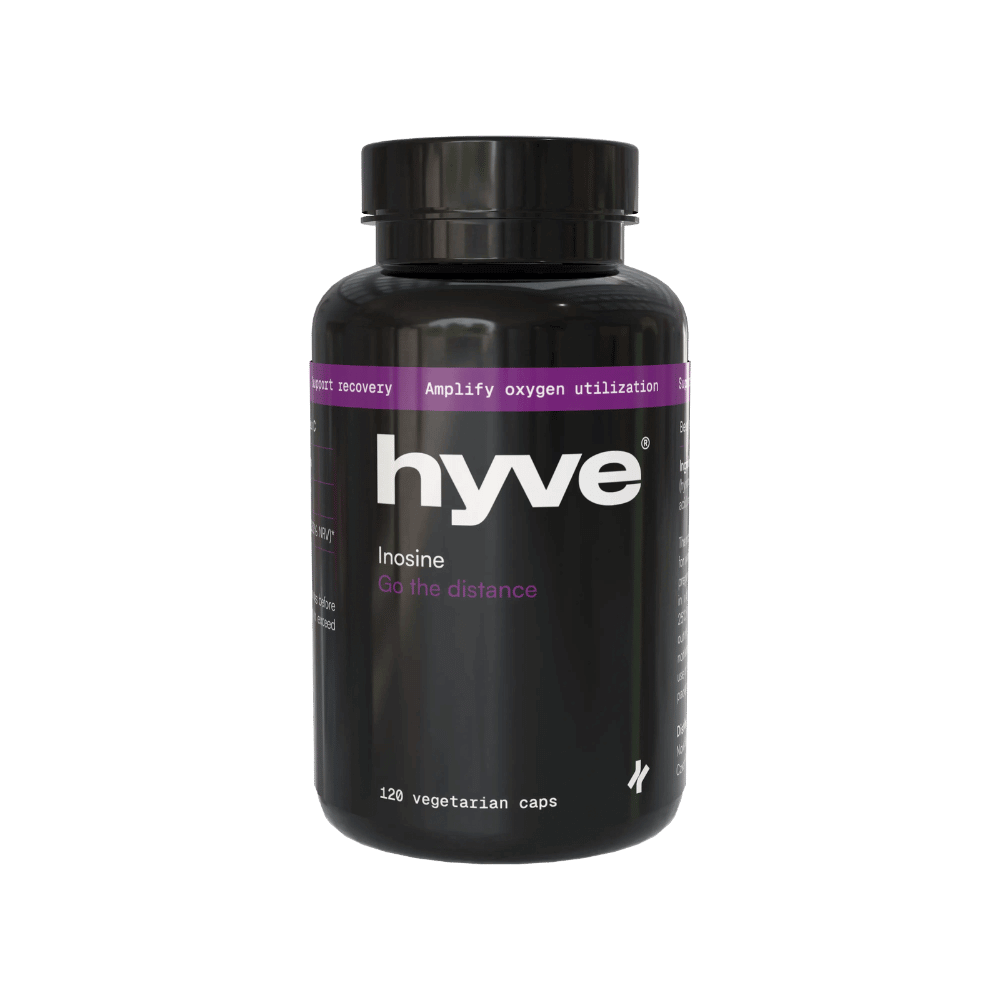
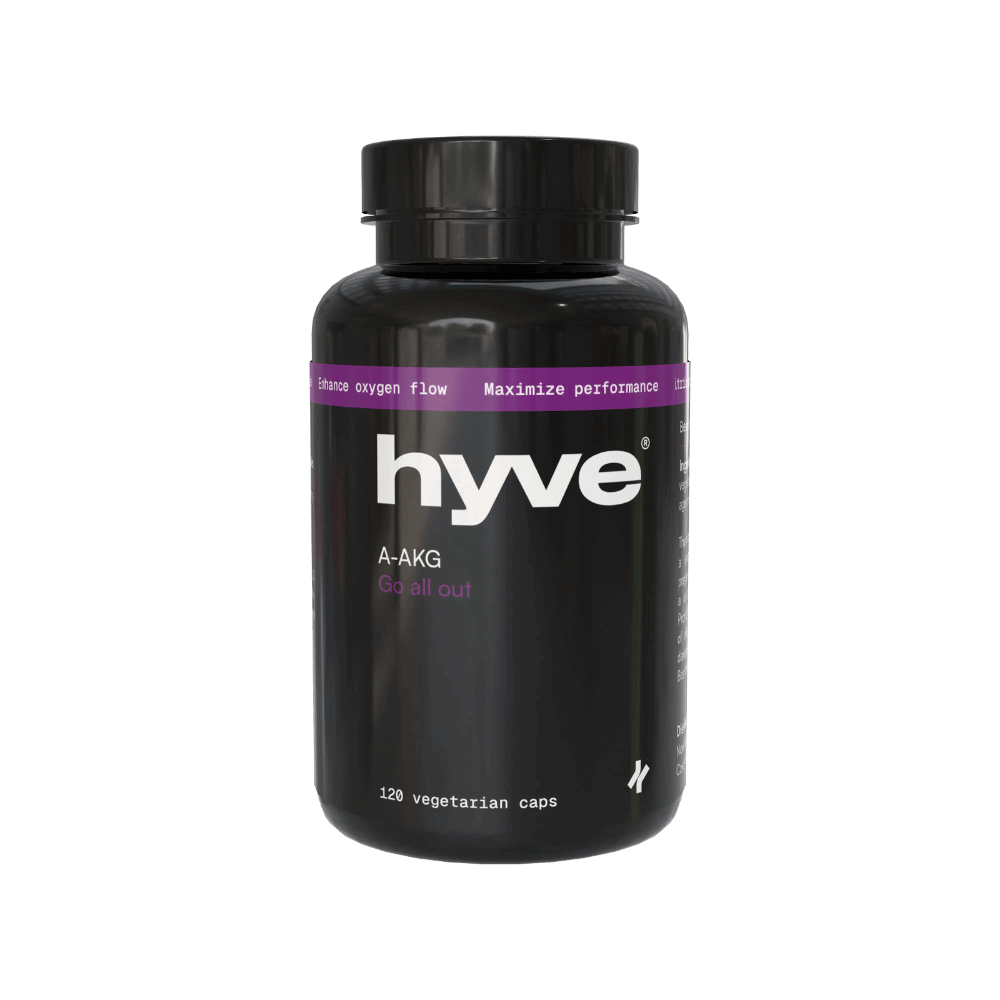
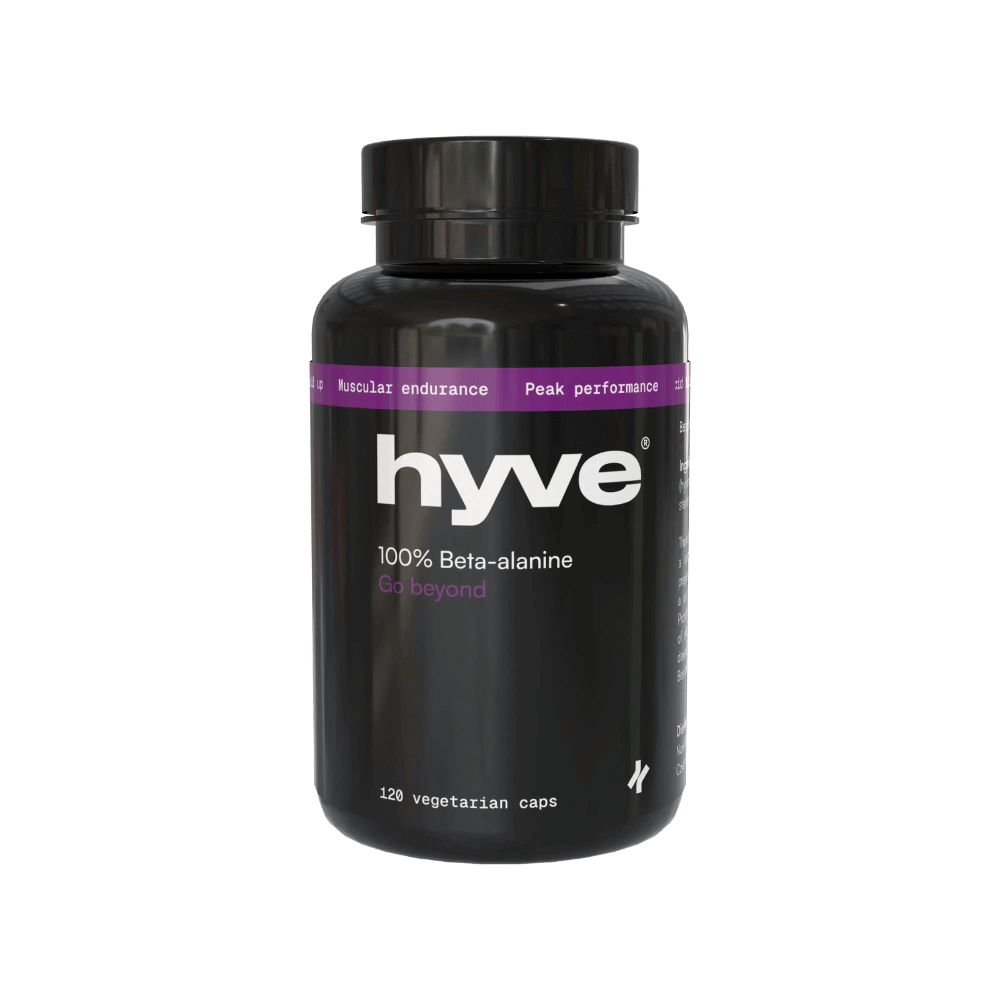
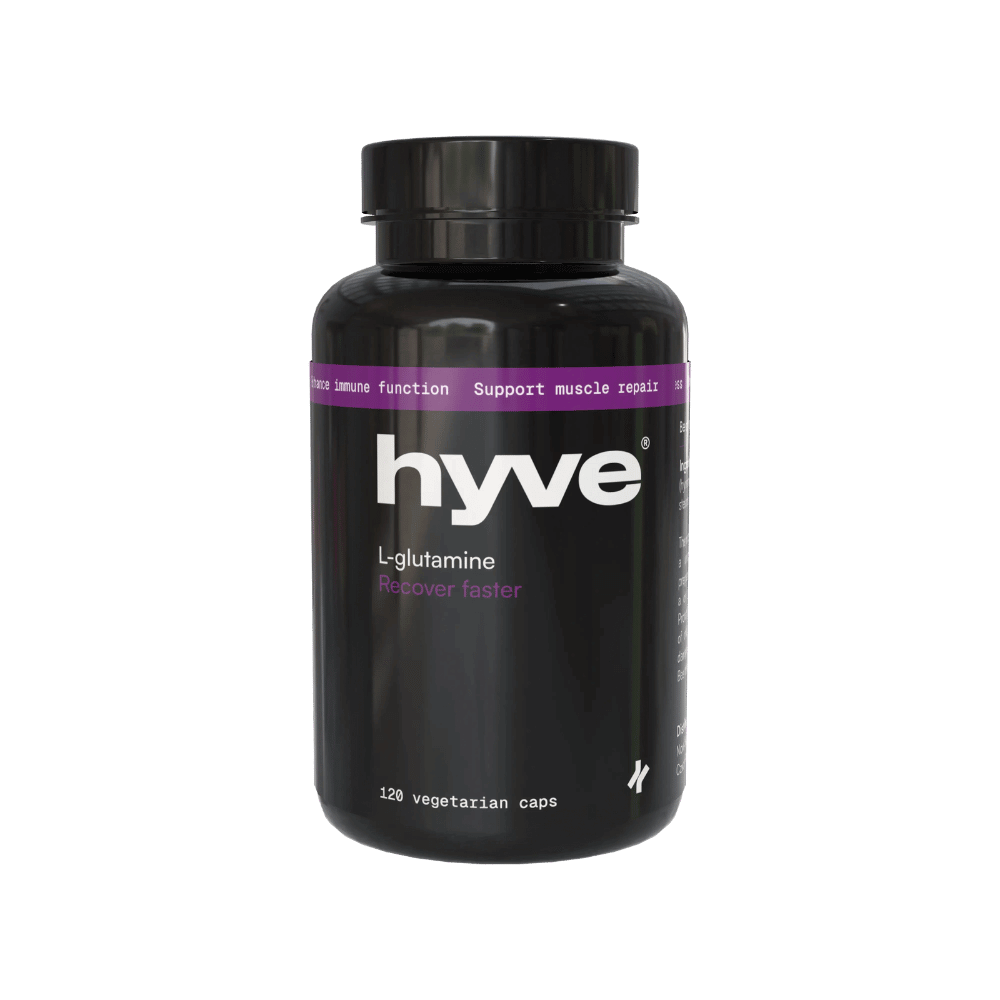
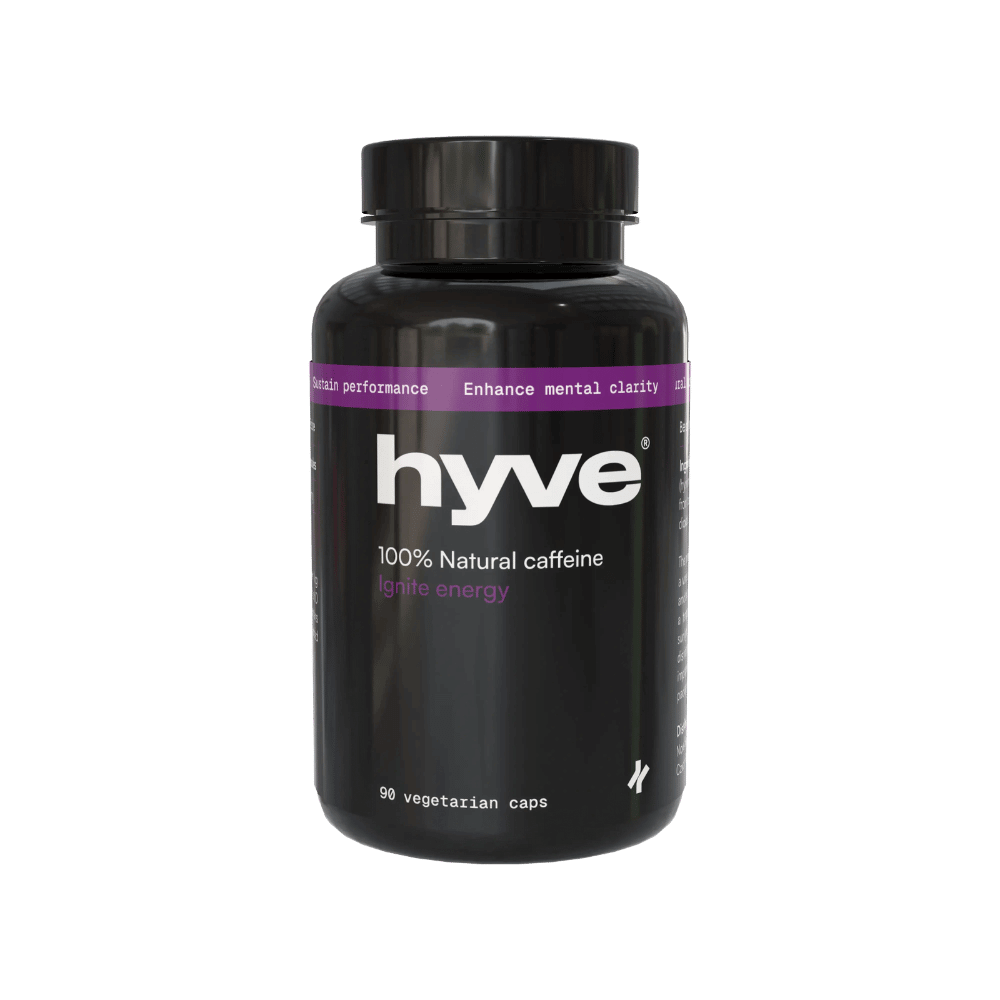
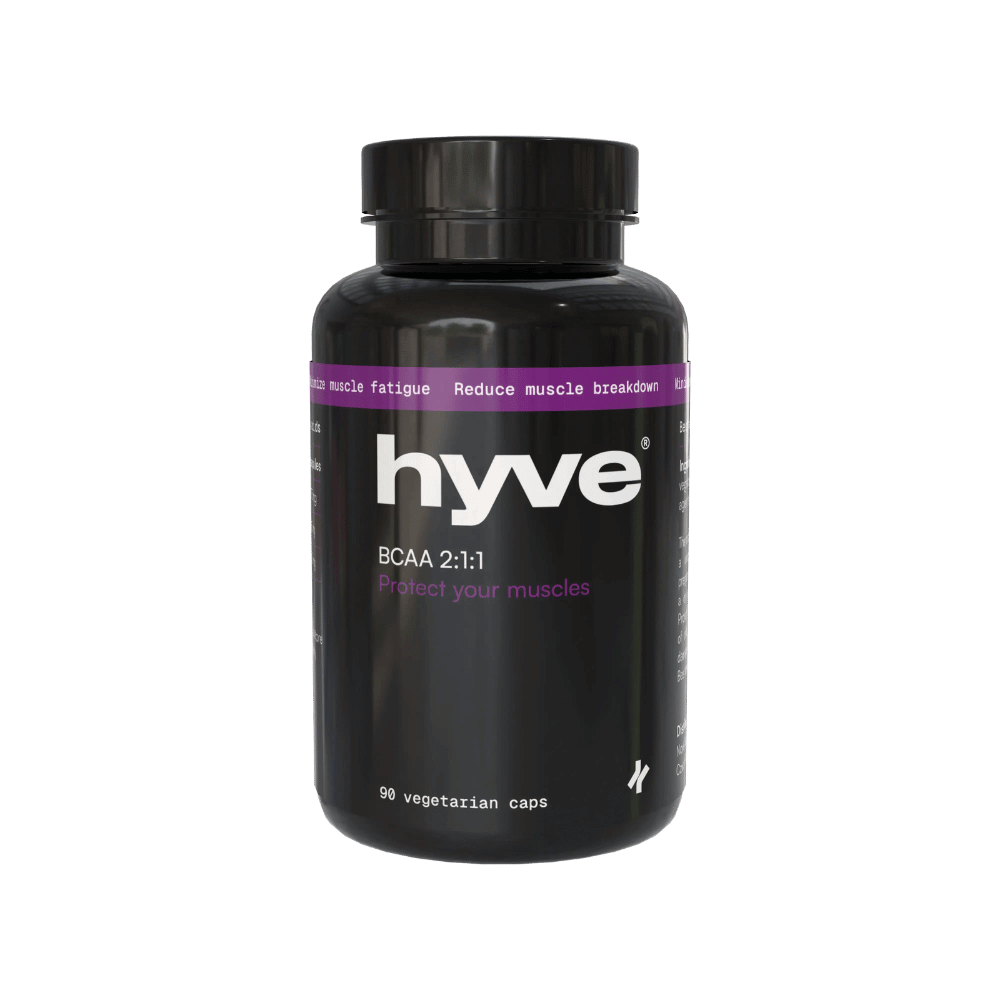
Beta Alanine: Effects, Dosage and Side Effects
Alcohol, gym and sports performance - what is important to consider?
Share: